Bollhoff India, a subsidiary of the Germany-based fastening solutions provider, works with customers to provide improvised and lightweight fastening solutions. Started in 2007, Bollhoff India initially imported 100% of the products from the parent group. After gradually increasing its footprint, production started in 2010. The company currently has 2 manufacturing facilities in Gurgaon where it manufactures AMTEC threads and helicoils out of the 6 fastening solutions it sells in India.
The other solutions are intake manifold inserts – in brass, steel and aluminium – and rivets, coupling, rivsets, rivkle, flexible tolerance mechanism and blind rivets. These fasteners are used in interiors, exteriors, powertrain, roof rails, bumpers, air condition systems and others. The total local production stands at 25%, while 75% of supplies including rivkle and other products are still being imported. The company manufactures around 10 million units annually in India of the two products and imports around 35-40 million units of the other four it sells. It has set up offices in Chennai and Pune which help the brand develop business and serve as base for the engineering team.
n Capacity expansion
Bollhoff India is planning to increase its local production up to 35% by the end of 2017. It is planning to start production of rivkle by the end of 2017. Rivkle contributes 45% to the revenue generation of Bollhoff India. The company will scale up production and may set up a new plant with higher production capacity, said Jagdish Keswani, Managing Director, Bollhoff India..
The global business of Bollhoff is worth about Rs 3000 crore. The turnover of Bollhoff India, which was Rs 2 crore in 2008, is expected to be Rs 35 crore in 2016. “We started with a 6-people sales team and today have 2 manufacturing facilities with sales and engineering offices in Chennai and Pune. We have grown financially not only to earn our salaries but also to recover all the investments done on the Gurgaon facilities and on the offices in Chennai and Pune. We are trying to get to Rs 70-80 crore by 2020. We manufacture a very low-cost product and the numbers may look small. But we deliver the best quality and are growing significantly,” Keswani said. The company is planning to export helicoils to its parent group. It wants also to enter the aftermarket where it has no
share now.
n Lightweighting solutions
The intake manifold inserts made of aluminium provides a lightweight solution without affecting the strength of insert. These inserts are used for strengthening of threads which can provide more torque and pull out more value than the conventional methods of having threads in plastic. They are manufactured by after-moulding technology (AMTEC) process compared with conventional in-moulding technology where inserts are first put in cavity then plastic flows. There are advantages of reduced cycle time and cost reduction.
“Customers can change plastic, for example, from PA GF 35 to PP plastic and still can have same pullout and torque value. However, they have to change/increase the size of inserts. Cost reduction in terms of plastic cost depends on module
and size of the component,” Keswani said.
Another technology which the company has to help reduce weight is helicoil threads which are available in screw-lock and free-running types. If the traditional screws are replaced by these helicoil threads in a V8 4.5 litre engine’s crankshaft main bearing both inside and outside then overall 0.3 kg can be saved, says study carried out by Bollhoff India. These helicoils also provide the same results on small area of cross-section, eventually saving on weight.
n Flexible options
Bollhoff India offers solutions to its customers both by manufacturing the design it has been given and by conceptualising the product on the basis of the requirements of the customers. “Over the time our people have developed competencies with the product and process design by catering to every need of the customers. If someone comes to us and gives us a design we do it or if someone provides us only the requirements and ask us to provide the best solutions, we do that too. However, we don’t have any R&D centre in India and we cater to all the conceptualisation needs with the help of our global product portfolio and test them in our laboratories to ensure customers the best quality,” Keswani said.
The company caters to customers with a unique flexible tolerance mechanism which is to bridge the gap between plastic parts on dashboard, exterior joints and others. The SnapLoc helps reduce vibrations and noise level. The rivsets available in the company’s product portfolio is solution preferred by OEMS to conventional spot welding to join metal parts. It has helped them reduce cost. It has also provided the flexibility to join plastic parts or even metal and plastic together. Its another product, rivkle, helps in joining of sheet metal components with plastic at any stage of manufacturing even on a painted surface without any heat formation.
The company supplies its products to all major passenger car Tier 1 components manufactures including Motherson-Sumi for Ford India, Magneti Marelli Motherson, Mann and Hummel for Maruti Suzuki, Inzi Control for Hyundai and others. Apart from that JCB is also one of the customers for its farm and construction equipment. ACI



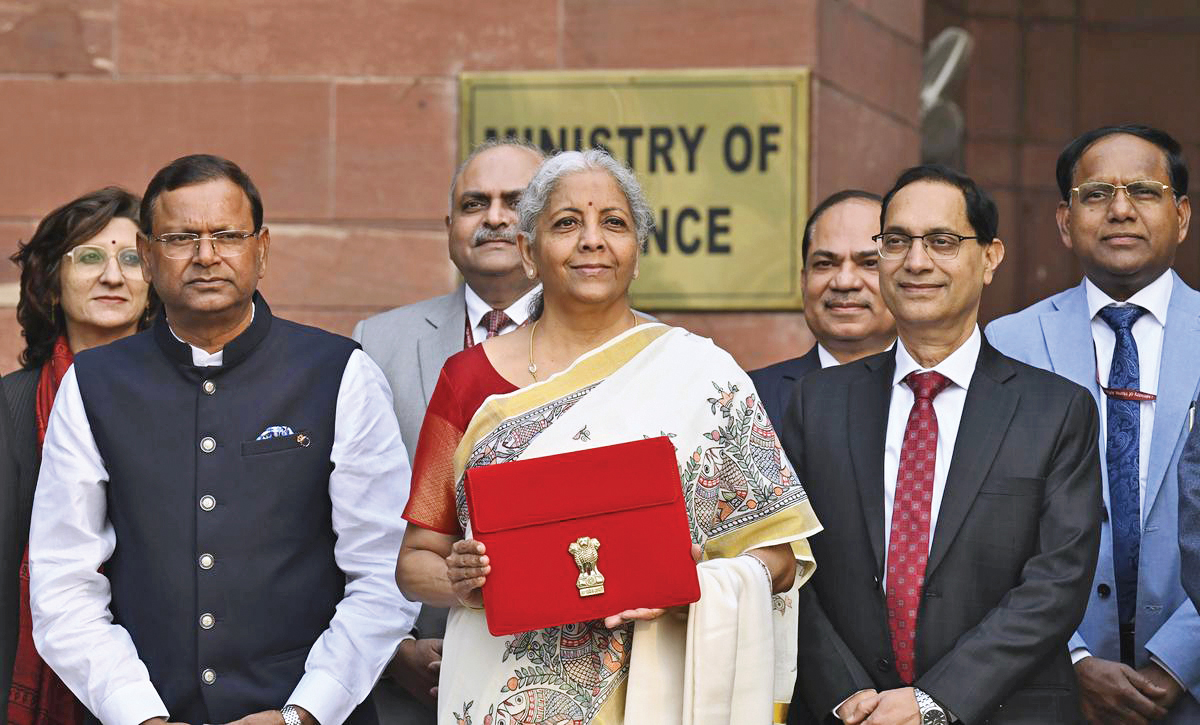
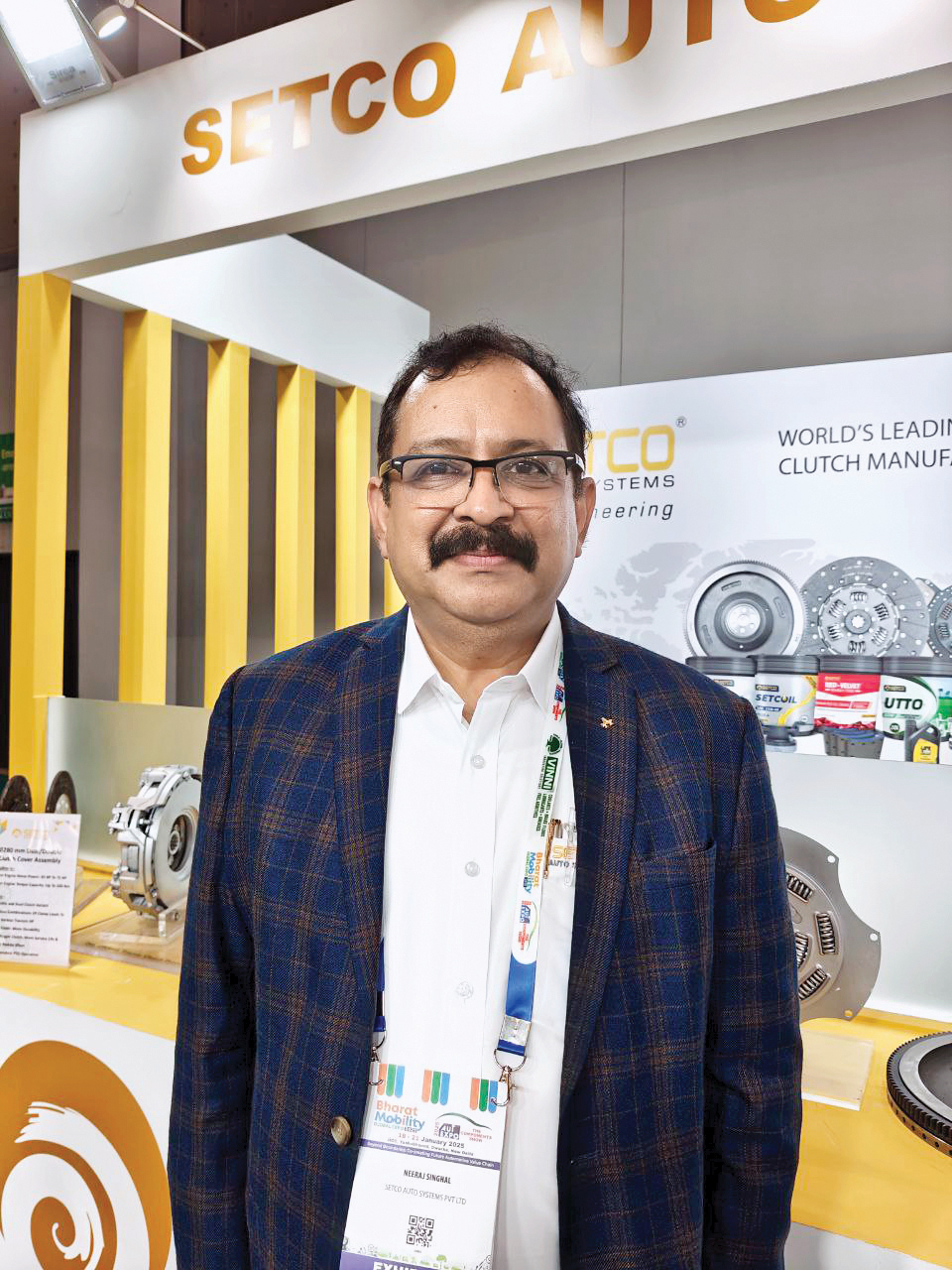
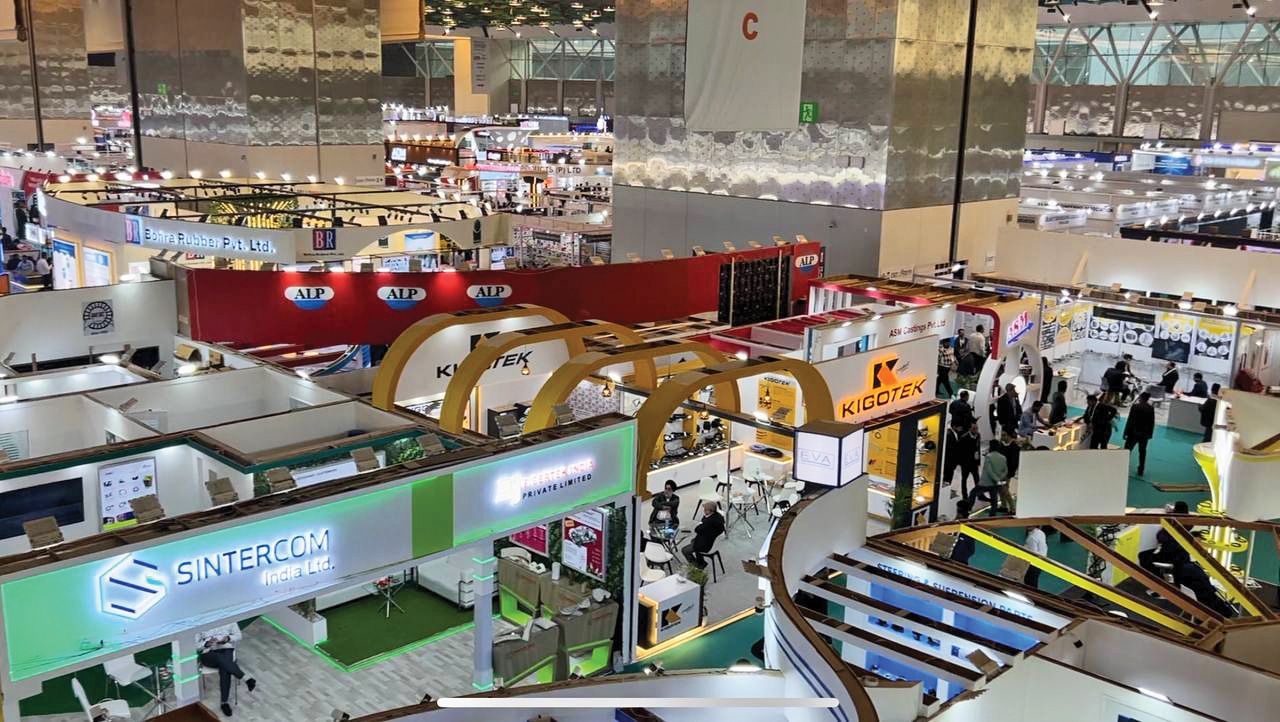
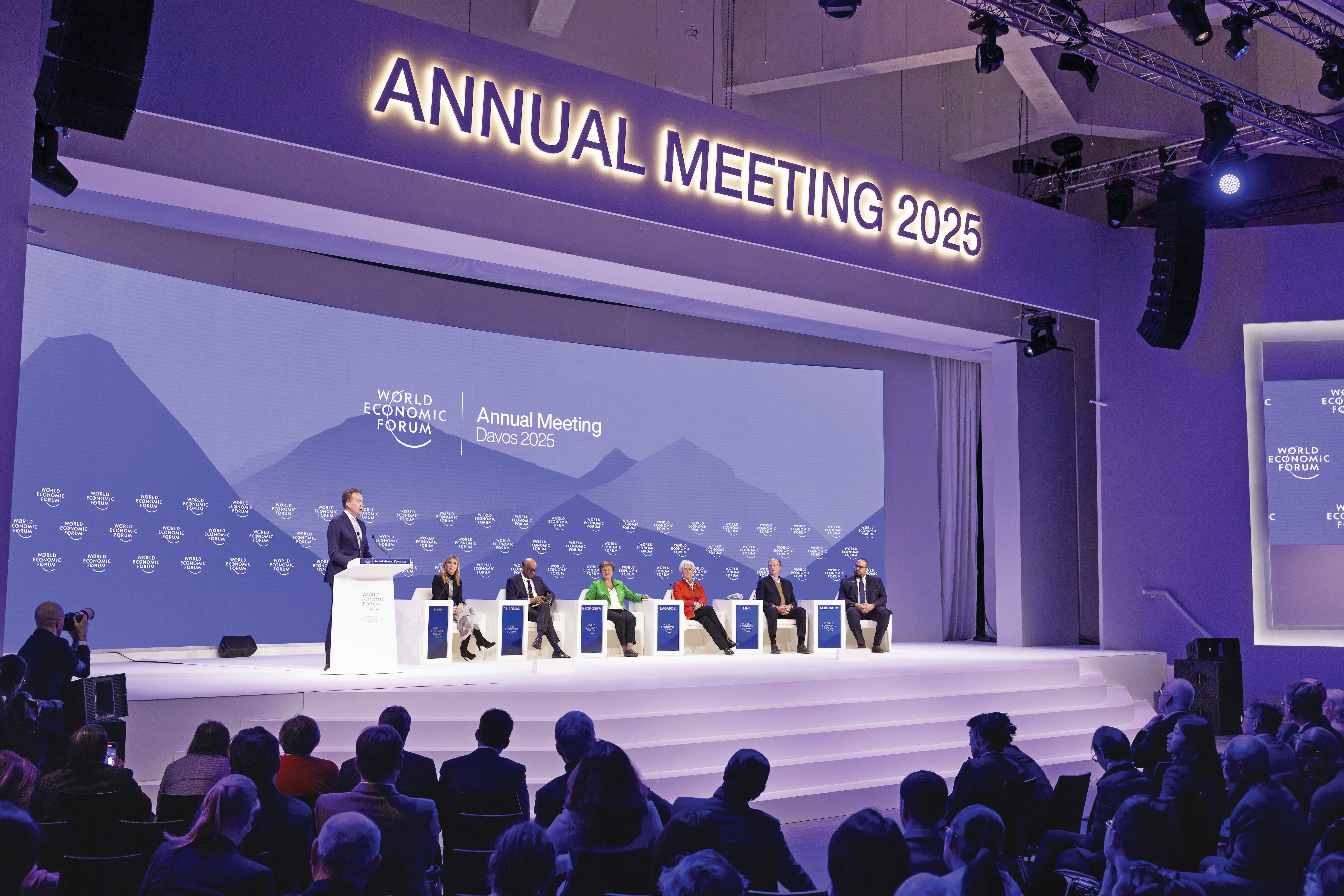
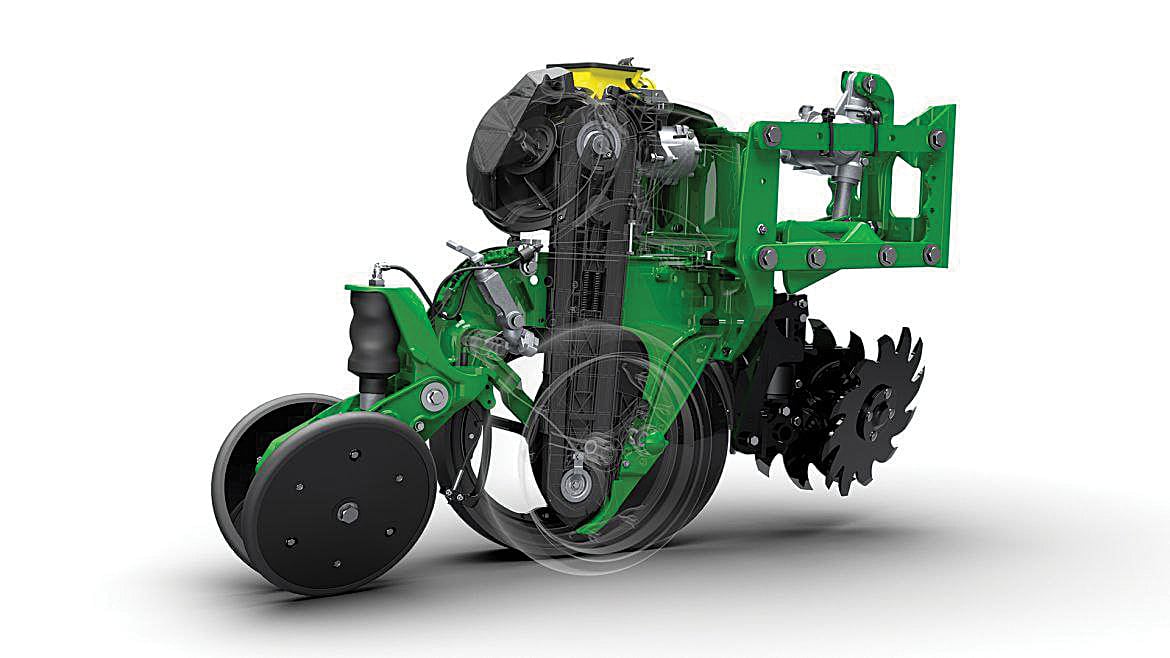
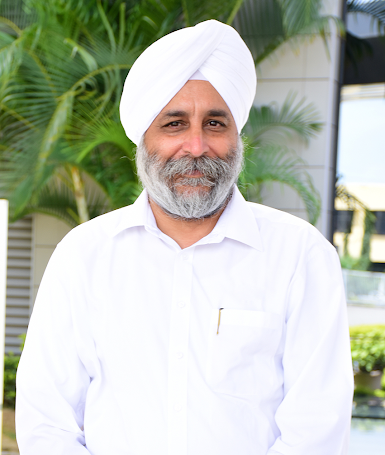
Leave a Reply